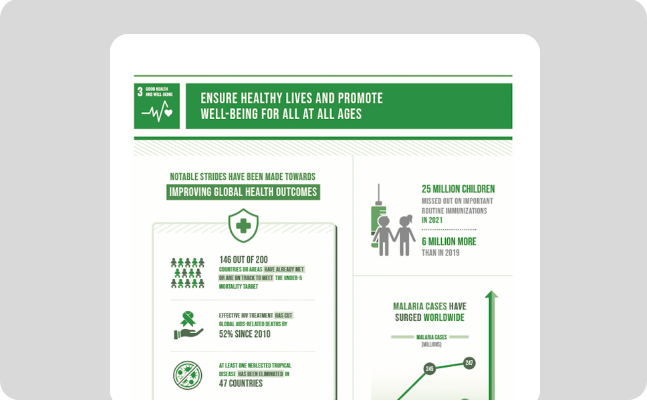Introduction
Life-saving drugs are more than just medications; they are the lifelines that protect and preserve our health in critical moments. These essential medicines play a pivotal role in combating deadly diseases, managing chronic conditions, and ensuring that people around the world can live longer, healthier lives. In this discussion, we will delve into the significance of life-saving drugs, their applications in healthcare, and the profound impact they have on global health.
What Makes a Drug Life-Saving?
Life-saving drugs are defined by their ability to prevent death or serious harm from diseases or medical conditions. These are not just any medications; they are specifically designed and proven to address severe health threats, such as heart attacks, strokes, infections, and cancer. Their effectiveness in turning the tide against these critical health issues is what makes them indispensable in medicine.
Abiraterone wholesaler supply this essential medication to pharmacies and healthcare providers, ensuring access for patients who rely on it for treating prostate cancer.
The Role of Life-Saving Drugs in Health
- Critical Illness Treatment: For instance, drugs that dissolve blood clots can stop a heart attack in its tracks, while emergency antibiotics can control sepsis before it becomes fatal.
- Chronic Disease Management: For those living with chronic conditions like diabetes, HIV, or asthma, life-saving drugs are essential for daily management. These medications help to control symptoms, prevent complications, and maintain a good quality of life over the long term.
- Preventive Care: Vaccines are a prime example, as they protect against illnesses like measles, polio, and influenza, which can be deadly if contracted.
Global Impact of Life-Saving Drugs
The introduction and widespread use of life-saving drugs have led to dramatic improvements in global health. For example:
- HIV/AIDS Treatment: The availability of antiretroviral therapy (ART) has transformed HIV from a fatal disease into a manageable chronic condition. Millions of lives have been saved through access to these drugs, particularly in regions hardest hit by the epidemic.
- Malaria Control: Anti-malarial drugs have been crucial in reducing malaria-related deaths, particularly in sub-Saharan Africa. Combined with other interventions, these drugs have helped to lower the global malaria mortality rate significantly.
- Cancer Therapies: Advances in chemotherapy, targeted therapies, and immunotherapies have extended the lives of cancer patients and, in some cases, have led to complete remission. These drugs have made cancer treatment more effective and personalized.
Challenges in Delivering Life-Saving Drugs
While life-saving drugs have revolutionized healthcare, challenges remain in ensuring that everyone who needs these medicines can access them. Some of the key challenges include:
- Affordability: The high cost of certain life-saving drugs can make them inaccessible to those in low-income settings. This is particularly true for newer treatments, which may be priced beyond the reach of many patients.
- Distribution: In some parts of the world, particularly in rural or conflict-affected areas, the logistics of delivering life-saving drugs can be daunting. Lack of infrastructure and healthcare facilities often impedes timely access to these medicines.
- Resistance: The misuse or overuse of life-saving drugs, such as antibiotics, can lead to resistance, making these drugs less effective. This growing problem requires global cooperation to manage and mitigate.
The Future of Life-Saving Drugs
The future holds exciting possibilities for the development of new life-saving drugs. Advances in medical research are leading to the discovery of treatments for diseases that were once thought incurable. Organizations, governments, and pharmaceutical companies are working together to reduce costs, increase production of generic alternatives, and improve distribution channels.
Conclusion
Life-saving drugs are an essential component of modern healthcare, offering hope and healing to those facing life-threatening conditions. Their development and availability have saved countless lives and continue to protect global health. As we look to the future, it is crucial to ensure that these vital medicines are accessible to all who need them, regardless of where they live or their economic status. By doing so, we can ensure a healthier, more equitable world where everyone has the chance to thrive.
